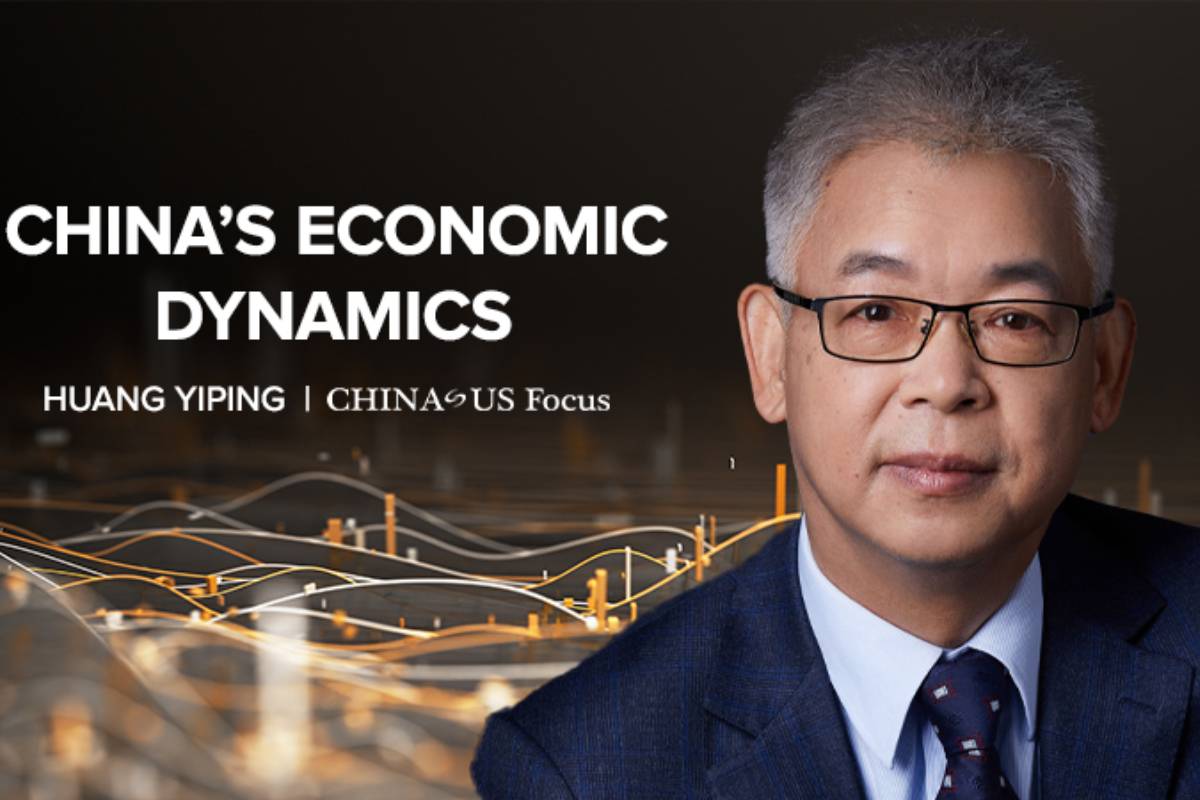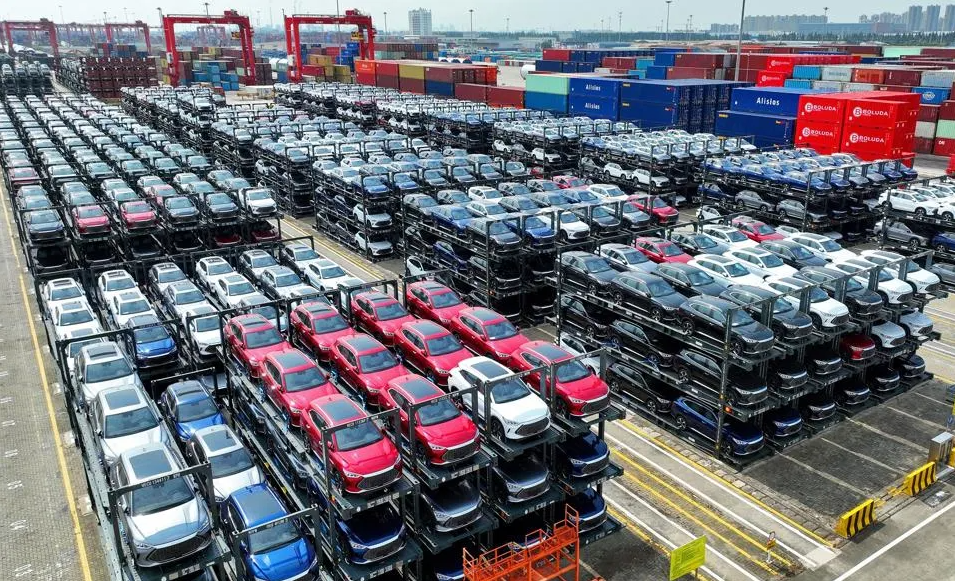Stephen Roach, Senior Fellow, Yale University
Jul 19, 2024
In the so-called Third Plenum to be held on July 15-18, China’s senior leadership will have an opportunity to establish the broad outlines of a policy framework that could reshape the country’s course for the next several years. Don’t count on it. There is good reason to think that China watchers in the West have unrealistic expectations of what is to come.

Huang Yiping, PKU Boya Distinguished Professor and Former Member of the Monetary Policy Committee, People’s Bank of China
Jun 14, 2024
In this interview, Professor Huang Yiping discusses with James Chau, president of the China-United States Exchange Foundation, the trajectory of China’s economy and the factors that influence it. He also discusses the end of China’s so-called economic miracle and explains why the country is now working to transition to a more normal economic growth model. Will China’s local government debt lead to a systemic financial crisis? Huang elaborates on “three perils.”
Yi Fuxian, Senior Scientist at University of Wisconsin-Madison
May 27, 2024
In March, Chinese Premier Li Qiang announced an ambitious economic growth target of 5% for 2024. In a subsequent commentary, former World Bank chief economist Justin Yifu Lin endorsed the government’s target, predicting that China’s economy will grow at an average annual rate of 5-6% over the coming decade before slowing to 3-4% between 2036 and 2050.
Sourabh Gupta, Senior Fellow, Institute for China-America Studies
Apr 30, 2024
China's post-COVID economic outlook challenges the comparisons to Japan's economic slowdown experience. Resembling 1990s South Korea, China has substantial growth potential through structural shifts toward a consumption-driven economy and inter-governmental reforms for sustained high-quality growth.
Zhang Jun, Dean, School of Economics, Fudan University
Tomas Casas-Klett, Visiting Professor, Fudan University
Apr 30, 2024
As China grapples with enormous challenges – including an imploding property sector, unfavorable demographics, and slowing growth – doubts about the future of the world’s largest growth engine are intensifying. Add to that China’s geopolitical rise, together with deepening tensions with the United States, and the need to understand China’s political economy is becoming more urgent than ever.
Yao Yang, Professor, China Center for Economic Research
Apr 30, 2024
During her recent visit to Beijing, US Treasury Secretary Janet Yellen criticized her Chinese counterparts, arguing that China’s government subsidies have led to overcapacity in crucial sectors like alternative energy and electric vehicles (EVs). This, she contended, provides Chinese companies with unfair cost advantages that enable them to outcompete American firms. But while Yellen was right to point out China’s overcapacity problem, her assertion that government subsidies are the root cause was misplaced.
Xu Hongcai, Deputy Director, Economic Policy Commission
Apr 09, 2024
The Government Work Report has defined China’s policy goals and priorities for 2024. High-quality economic and social development beckons.

Vasilis Trigkas, Visiting Assistant Professor, Schwarzman College, Tsinghua University
Apr 05, 2024
China's focus on electric vehicles (EVs) over internal combustion engine cars - the "Great Leapfrogging Forward” - has significantly reshaped the global industrial landscape to China's benefit. Recognizing and accurately assessing China's capabilities instead of propagating unfounded narratives about its imminent decline constitutes the foundational first step in competing effectively with China.
Lawrence Lau, Ralph and Claire Landau Professor of Economics, CUHK
Mar 29, 2024
IntroductionFor 2023, the Chinese Government’s target growth rate was 5%. The actual growth rate achieved was 5.2%. This must be considered a success, g
Sun Chenghao, Fellow, Center for International Security and Strategy of Tsinghua University; Munich Young Leader 2025
Mar 27, 2024
Defining the relationship between China and the United States primarily as one of competition — as the U.S. is doing — is dangerous and not advisable. Competition can easily turn into conflict. The long-term U.S. posture on this will depend upon the outcome of the presidential election.
Back to Top

- China-US Focus builds trust and understanding between the U.S. and China through open dialogue among thought leaders.
- Our Offerings
- Topics
- Videos
- Podcasts
- Columnists
- Research Reports
- Focus Digest
- Stay Connected
-
Thanks for signing up!
- Get the latest stories from China-US Focus weekly.